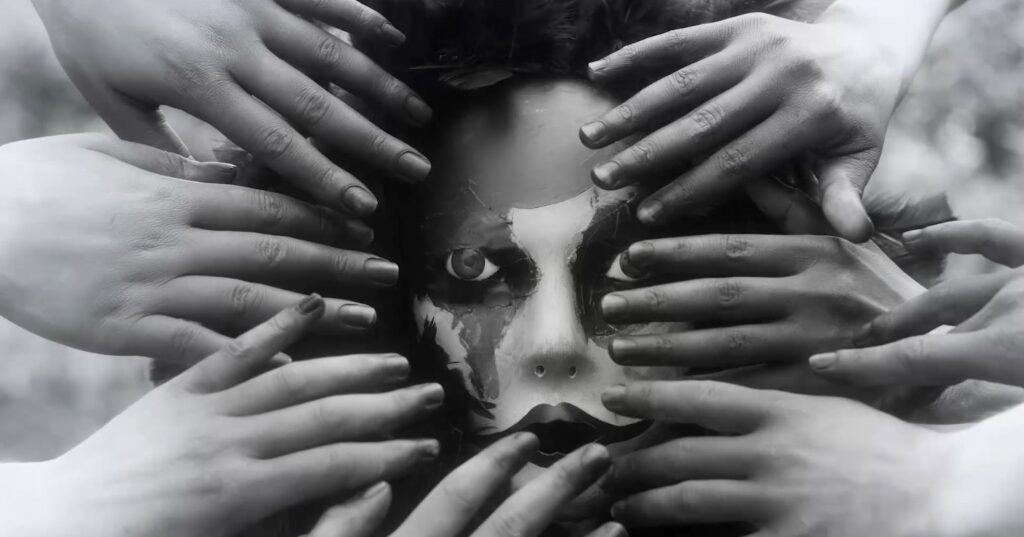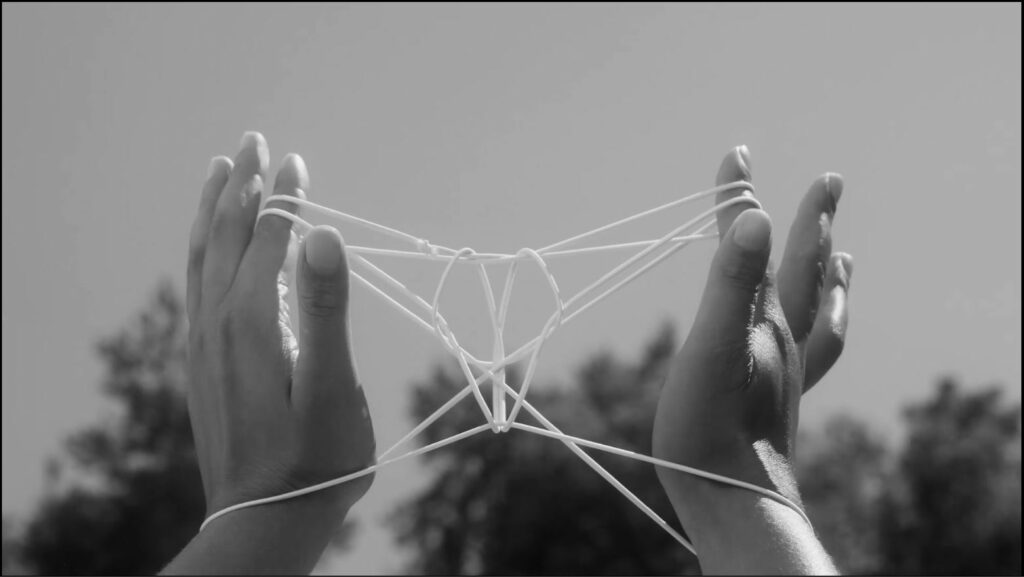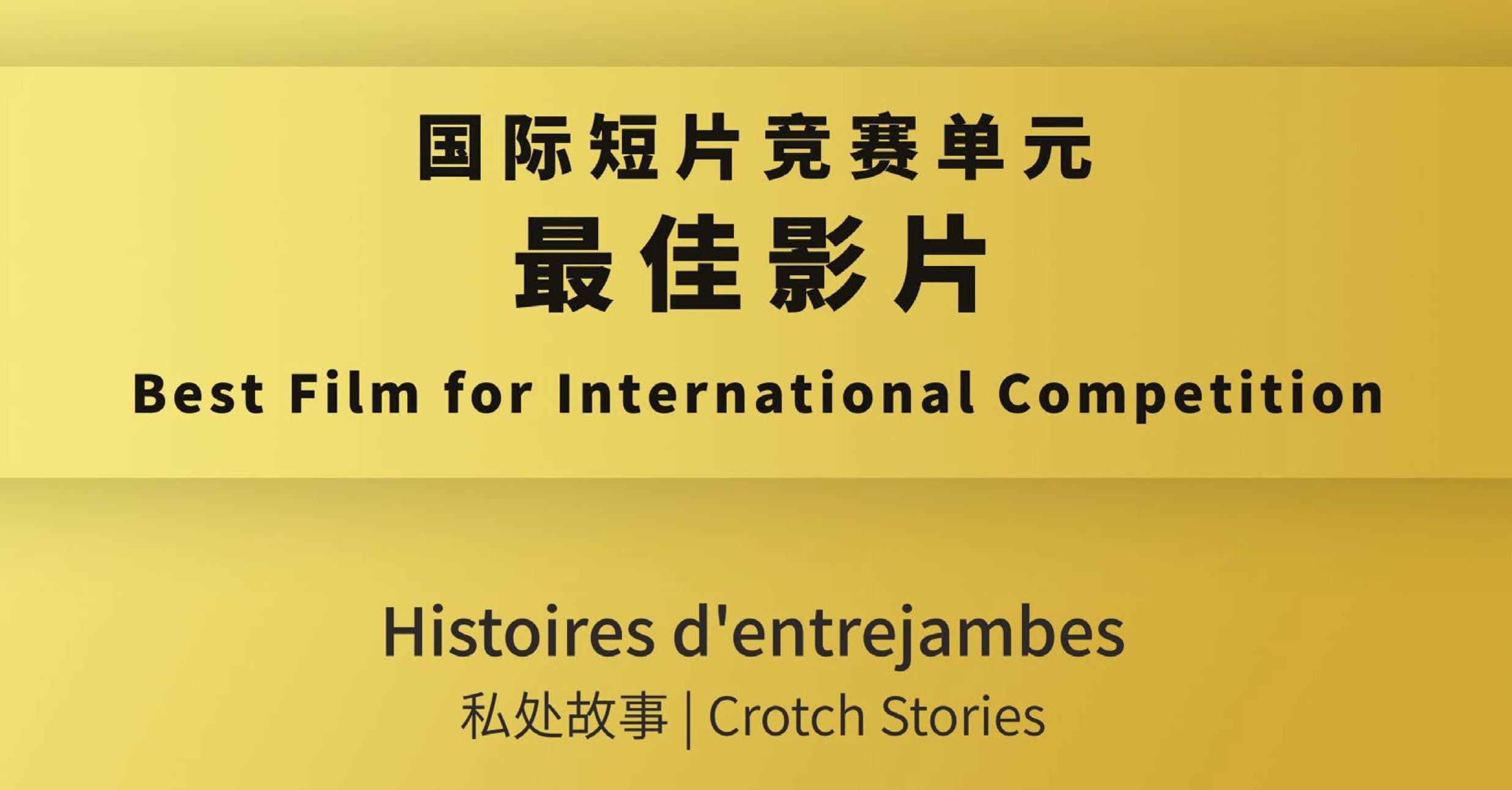
France Inter : Captures d’écrans
Dorothée Barba
Histoires d’entrejambes :
changer de regard sur l’accouchement
Autour de la douleur mais aussi du plaisir, ce documentaire singulier pose des questions importantes. Le corps a-t-il une mémoire ? Que retient-il ? Que faire quand l’expérience de l’accouchement est un traumatisme ?
Ne vous attendez pas à un documentaire médical, qui répondrait précisément à des questions concrètes : on est plutôt dans une réflexion poétique et politique autour de la réappropriation du corps. Mais une réflexion précieuse. La douleur, ici, est vue comme une ligne de friction entre le corps et l’esprit. Il s’agit de changer de regard sur l’origine du monde pour mesurer enfin sa puissance.
Crotch stories: how to change point of view about childbirth
That special documentary raises important matter. Does the body have a memory ? Does it remember ? How to deal with child- birth may be a shock ?
Do not expect to a medical documetary which could answer to concrete matter. It’s rather about a poetic and political thought on reappropriation of the body. This is ac- tually a valuable thought. Pain is seen here as a matching point between body and mind. It is a matter of changing our view
of the origin of the world in order to finally measure its force.
Tënk
Éva Tourrent
”Au commencement était un ventre…”
Avec cet objet hybride mêlant l’animation aux témoignages de sages-femmes et de mères, Myleine Guiard-Schmid nous pro- pose de nouveaux récits sur l’accouche- ment. Convoquant les neurosciences aux côtés des déesses antiques et de la nature, la réalisatrice y inscrit sa propre histoire et assume un film alliant quête personnelle et portée politique. Qu’est-ce que nos corps gardent en mémoire ? Qu’est-ce que l’ex- périence de devenir mère fait remonter à la surface ? Comment celle-ci transforme-t- elle les femmes qui la vivent ? Les matières s’animent et donnent au film des airs de rituel païen. Façon d’agir sur nos repré- sentations et de redonner aux femmes la puissance qui est la leur, ”Histoires d’entre- jambes” est une incitation à enfin regarder du côté de l’origine du monde, non pas seu- lement comme un lieu de souffrance mais aussi comme celui d’un possible plaisir.

”At the beginning was a womb…”
With this hybrid film purpose, mixing ani- mation with testimonies of midwives and mothers, Myleine Guiard-Schmid offers us new childbirth stories. The director requests here neuroscience with ancient goddesses as well and nature in order to write her own story in a film that combines a personal matter with political scope. What do our bo- dies keep in mind? What becoming mother brings to the surface? How does it change the women who live it? The materials come to life and give the film the sense of a pagan ritual. ”Histoires d’entrejambes / Crotch stories” invokes a way of acting on our representations and gives back to women the power that is theirs. It is an incentive to finally look at the origin of the world, consi- dered not only as a place of suffering but also as one of potential pleasure.

Beijing International Short Film Festival
Film critic and researcher
Yun-Hua Chen
Myleine Guiard-Schmid’s stop-motion animation combines Muybridge’s legacy of still photography with a variety of animation techniques, allowing women who are mothers and experienced midwives to share birth stories in voice-over, while wryly and firmly questioning whether the pain of childbirth can be a socially conditioned feeling. Why can’t a mother feel anything close to sexual pleasure at that initial moment of life? Crotch Stories offers a fresh perspective on the autonomy of the female body that is frank, honest, and uninhibited. It explores the feminine power of the private parts and the possibilities of the female body with wildly organic and imaginative growth.